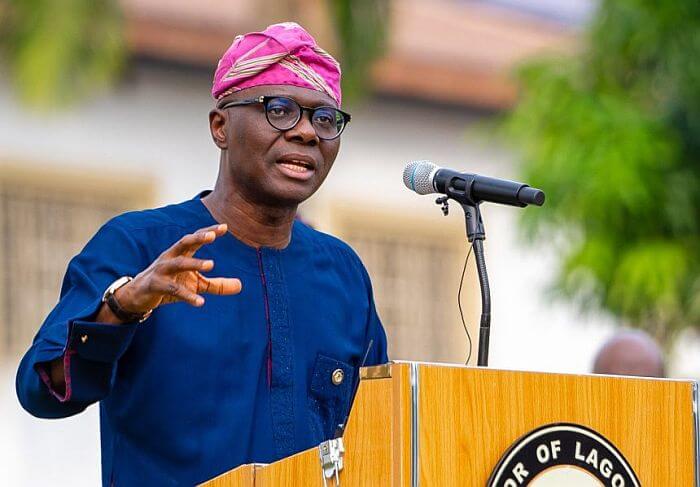Sanwo-Olu Laments, Says Lagos Households Hit Hard by Malaria Expenses

Lagos State Governor, Babajide Sanwo-Olu, has raised concerns over the economic burden of malaria, stating that treatment for the disease consumes household incomes and forces tough financial choices on families in Lagos.
Speaking at the launch of the Pathway to Malaria Pre-Elimination and Digitisation Programme on Tuesday, Sanwo-Olu emphasized that the impact of malaria extends beyond households, affecting businesses through absenteeism, reducing school attendance, and placing a strain on the healthcare system.
The initiative, aimed at reducing the malaria burden through digital innovation and strengthened public-private collaboration, is supported by the World Bank, the World Health Organization (WHO), Maisha Meds, and other multilateral partners.
With this launch, Lagos becomes the first state in Nigeria to implement the tech-driven health programme.
Lagos records approximately 900,000 cases of malaria annually. While unveiling the programme, Sanwo-Olu described malaria as a “socio-economic burden” that drains family incomes and hampers community productivity.
“For many households with modest incomes in Lagos, malaria treatment can consume up to three per cent of monthly earnings. This financial strain often forces families to make heartbreaking choices between healthcare and other basic needs like food or education. The economic impact extends beyond households, with businesses suffering absenteeism, schools recording lower attendance and our healthcare system bearing the weight of preventable cases.
“Malaria is more than a disease; it is a socio-economic burden that has held back individuals, families, and communities for far too long. It robs us of our productivity and drains household incomes. Today, we are changing this narrative by leveraging digital tools that will ensure that malaria cases are tracked in real time. This programme represents hope rooted in innovation, collaboration and determination. The eradication of malaria is not just a health goal; it is an economic imperative,” he said
Sanwo-Olu highlighted that eliminating malaria in Lagos would not only improve health outcomes but also boost productivity, enhance the quality of life, and lead to better education outcomes.
“This vision is ambitious but achievable. It requires all stakeholders to work together with unwavering resolve. Success will not come overnight, but with sustained effort and collective action, we will prevail. This effort reaffirms our commitment to safeguarding the lives and livelihoods of every Lagosian,” he added.
Minister of State for Health, Dr. Isiak Salako, commended Lagos for its comprehensive malaria elimination strategy, stating that the state had demonstrated a strong capacity to eradicate the disease.
He assured that despite changes in the United States government’s global health funding, Nigeria’s progress in combating malaria would not be adversely affected.
Lagos Commissioner for Health, Prof. Akin Abayomi, noted that over the last 15 years, the state had made significant strides in reducing malaria cases through improved diagnosis, immunization, and effective treatment.
“Due to intense programmatic work, malaria prevalence in Lagos has declined from 15 per cent in 2010 to 10 per cent in 2015 and now 2.6 per cent in 2025. These efforts have made Lagos fall into the low transmission category.
“Despite this, malaria remains a major public health issue in Lagos with around 900,000 cases recorded per annum. Over 50 per cent of outpatient visits in public health facilities are due to febrile illnesses presumed to be malaria,” Abayomi said.
Nigeria bears the highest malaria burden globally, accounting for 27 percent of global malaria cases and 200,000 deaths annually, with children being the most affected.
Sanwo-Olu Laments, Says Lagos Households Hit Hard by Malaria Expenses is first published on The Whistler Newspaper





